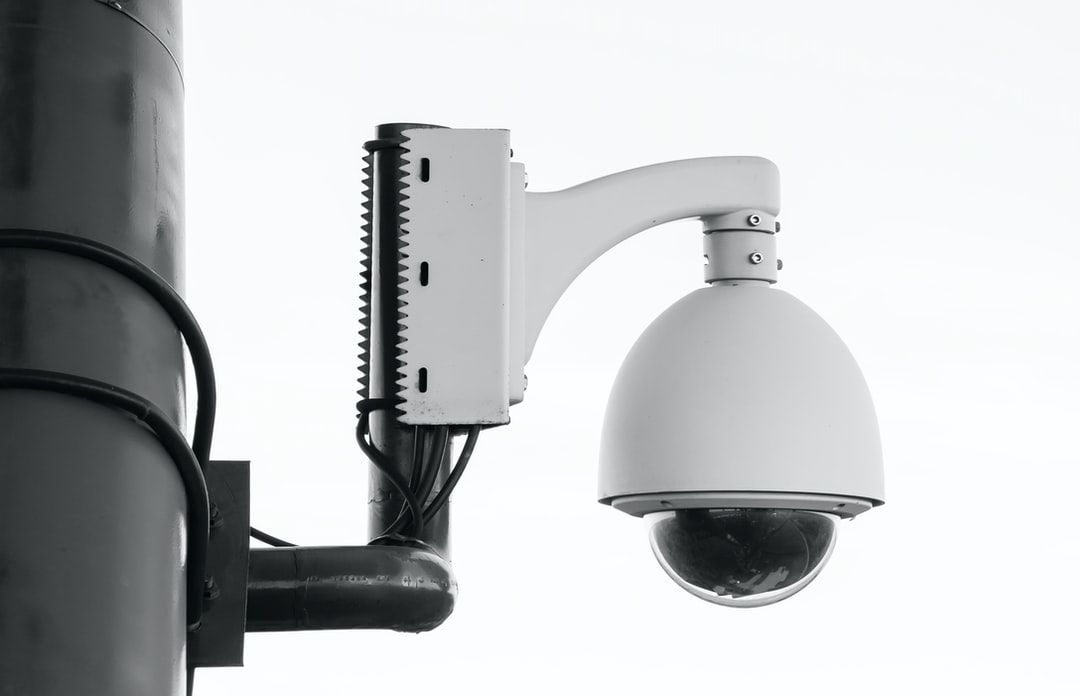Protecting Your Online Privacy
Better safe than sorry.

Not a day passes when there isn't another news story about a major online service with a major privacy problem. These services are constantly collecting, using, or sharing user data without the knowledge or permission of their users. Or they are being hacked in ways that dangerously expose such data.
It scares me to think what companies like Google and Facebook (along with Facebook subsidiaries Instagram and WhatsApp) are tracking about all of us. It scares me even more that the general public isn't upset about how information is being collected and used.
Why should you care about your online privacy?:
- This is a moral issue. Privacy is a basic human right and an essential component of human dignity. A world where privacy is respected and protected is a better world for everyone.
- It's often unclear who is tracking and targeting us online for what specific purpose. It may simply be someone trying to sell us something. But it may also be a government or other entity with a political agenda. Someone could be manipulating the content and advertising you see with a specific goal. You'd probably be none the wiser.
- Even if you trust an online service to collect data about you, that service can be hacked. The hacker can then use or sell your personal information. This can lead to identity theft, hacking of your online accounts, new financial accounts being opened in your name, etcetera.
While it's impossible to protect yourself from all tracking and targeting online, there are easy steps you can take to greatly reduce tracking and targeting. Except for VPNs, most of them don't cost a thing.
- If you don't have a VPN service to encrypt the network traffic on your phones, tablets, and computers, get one. The best VPN service for each person can differ. (I'm a huge fan of Mullvad.) Make sure to get one that supports all the devices you use and fits your budget. I would also look for one that promises no logging of your IP addresses or network activity. And, if you care deeply about privacy, VPN services exist that don't require an email address to sign up and that allow payment in Bitcoin or other cryptocurrencies.
- DuckDuckGo is a free ethical search engine that doesn't track you. Use it rather than Google on all of your devices.
- DuckDuckGo also makes a browser extension and a Privacy Browser mobile app that can greatly increase your privacy online. Both are free. I especially love the mobile app. Anytime you want all of your Privacy Browser history, cookies, and cache to be cleared you just tap a button that looks like fire and watch it all burn away.
- In a similar vein, Ghostery is a free browser extension and mobile browser that "helps you browse smarter by giving you control over ads and tracking technologies to speed up page loads, eliminate clutter, and protect your data."
- HTTPS Everywhere is a Firefox, Chrome, and Opera extension that encrypts communication with many websites, making your browsing more secure. It is also free.
- In general, I would use a privacy-focused web browser like Firefox or Safari. Even Internet Explorer gets better scores on privacy tests than Chrome.
To quote Hill Street Blues, let's be careful out there.
Main blog post image by Paweł Czerwiński.